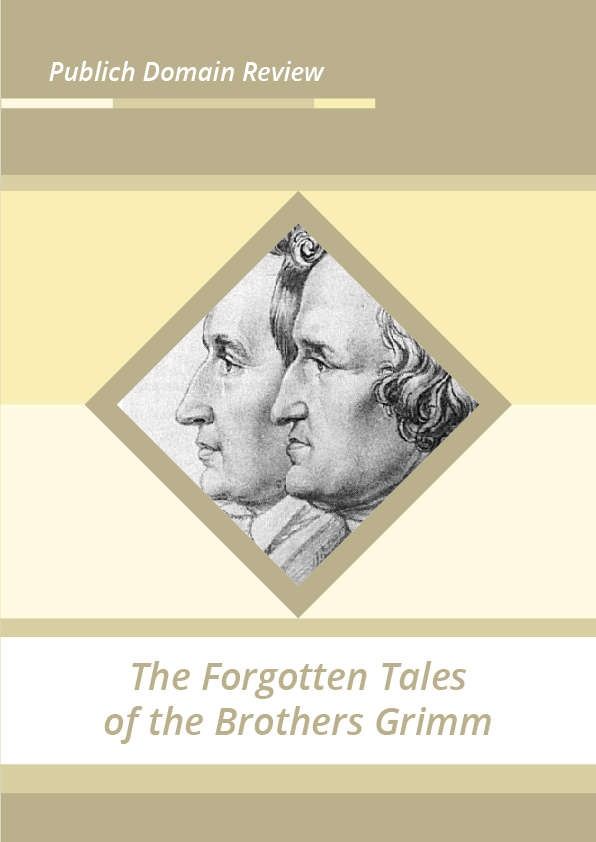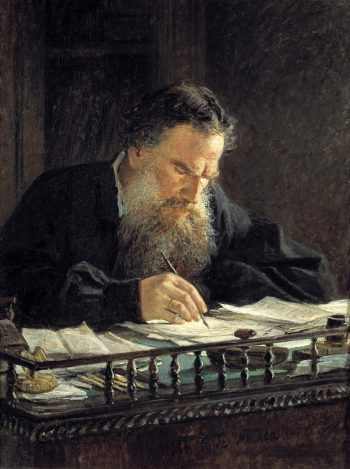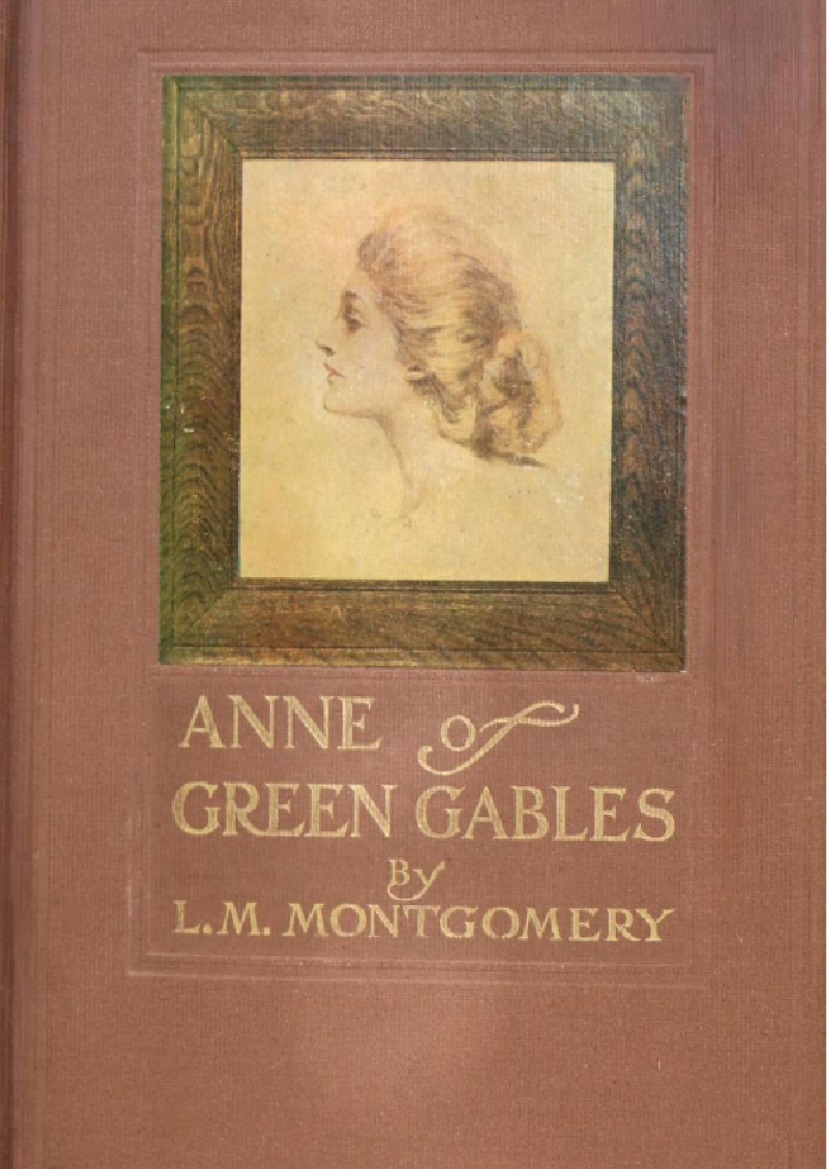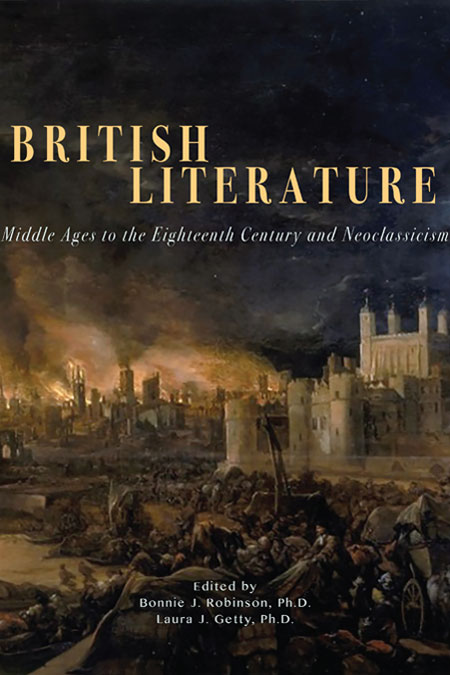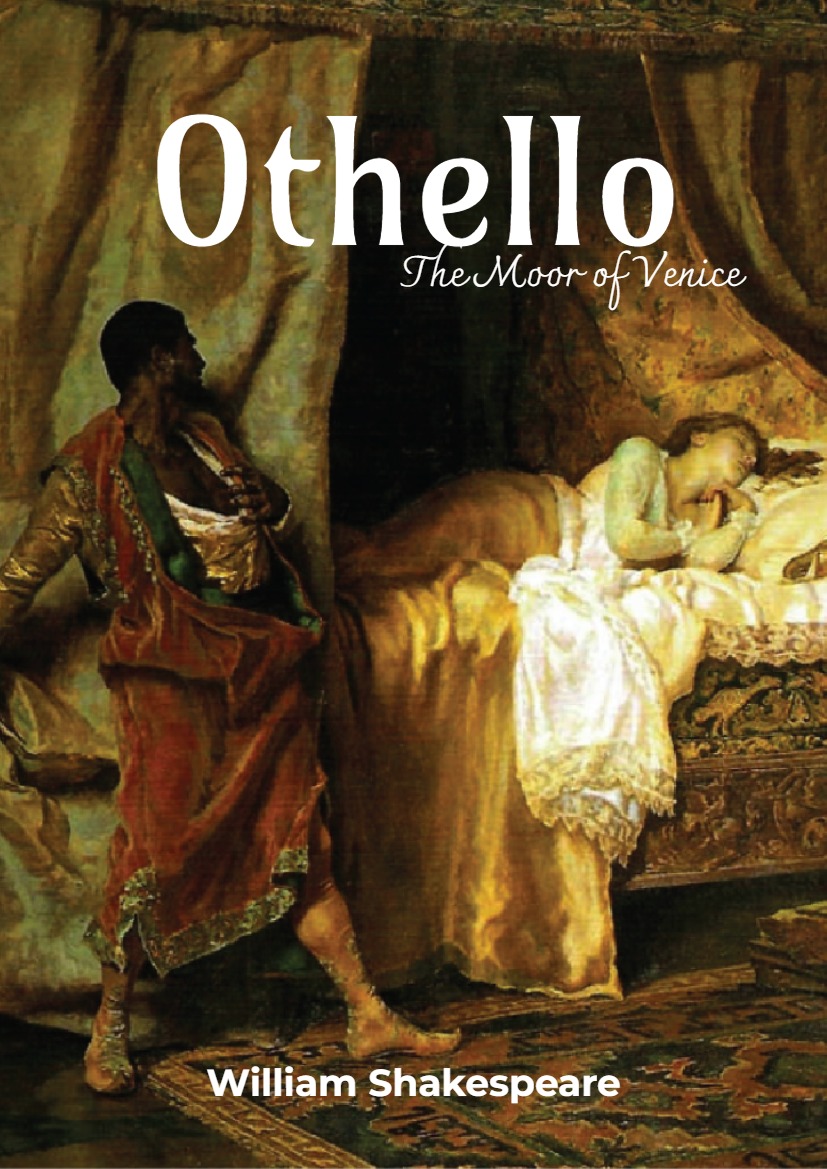To mark the 200th year since the Brothers Grimm first published their Kinder-und Hausmärchen, Jack Zipes explores the importance of this neglected first edition and what it tells us about the motives and passions of the two folklorist brothers.
The greatest irony of the numerous world-wide celebrations held in 2012 to honor the 200th anniversary of the first edition of the Grimms’ Kinder-und Hausmärchen, published in two volumes in 1812 and 1815, involves the discovery that most people really don’t know the original Grimms’ tales or much about their lives. That is, most people have no clue that the Grimms’ first edition of 1812/15 is totally unlike the final or so-called definitive edition of 1857, that they published seven different editions from 1812 to 1857, and that they made vast changes in the contents and style of their collections and also altered their concept of folk and fairy tales in the process. Even so-called scholars of German literature and experts of the Grimms’ tales are not aware of how little most people, including themselves, know about the first edition, and ironically it is their and our “ignorance” that makes the rediscovery of the tales in the first edition so exciting and exhilarating. Indeed, there is still much to learn about the unique contribution that the Grimms made to folklore not only in Germany but also in Europe if we return to take a closer look at the first edition, for it was this edition that sparked the pioneer efforts of folklorists throughout Europe and Great Britain to gather tales from the oral tradition and preserve them for future generations.
To explain why I believe that a rediscovery of the Grimms’ first edition can be not only exciting but also illuminating I would like to share some important background information that will place the Grimms’ collection in a socio-historical context and shed light on their remarkable accomplishment. Here we must bear in mind that their collecting was only a minor part of their research and scholarship and that they would be surprised to know that they are more famous today for their tales than for their superb philological work. When Jacob (b. 1785) and Wilhelm (b.1786) began collecting all kinds of folk tales and songs at the beginning of the nineteenth century, they were very young precocious students at the University of Marburg, still in their teens.
By 1805 their entire family had moved from their small village of Hanau to the nearby provincial city of Kassel, and the Brothers were constantly plagued by money problems and concerns about their siblings. Their father had been dead for some years, and they were about to lose their mother. Their situation was further aggravated by the rampant Napoleonic Wars. Jacob interrupted his studies to serve the Hessian War Commission in 1806. Meanwhile, Wilhelm passed his law exams enabling him to become a civil servant and to find work as a librarian in the royal library with a meager salary. In 1807 Jacob lost his position with the War Commission, when the French occupied Kassel, but he was then hired as a librarian for the new King Jérome, Napoleon’s brother, who now ruled Westphalia. Amidst all the upheavals, their mother died in 1808, and Jacob and Wilhelm became fully responsible for their three younger brothers and sister. Despite the loss of their mother and difficult personal and financial circumstances from 1805 to 1812, the Brothers managed to prove themselves to be innovative scholars in the new field of German philology by publishing articles and books on medieval literature. Still in their twenties, they were about to launch the collection of tales that was to become second in popularity to the Bible throughout Germany and later throughout the western world by the twentieth century.
